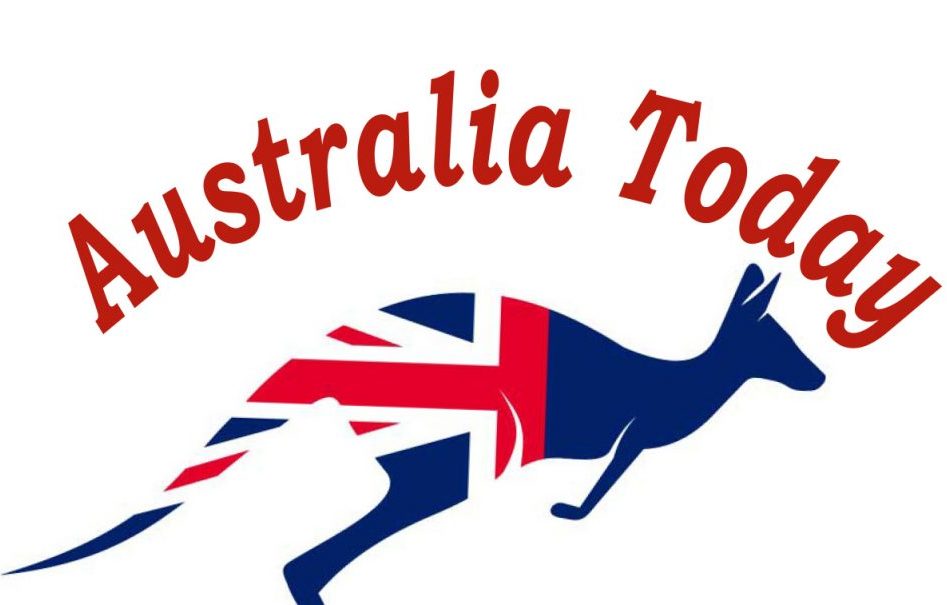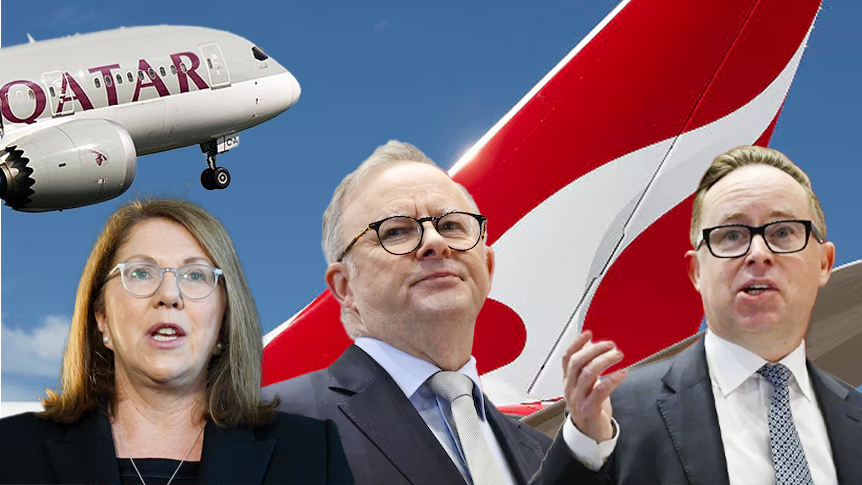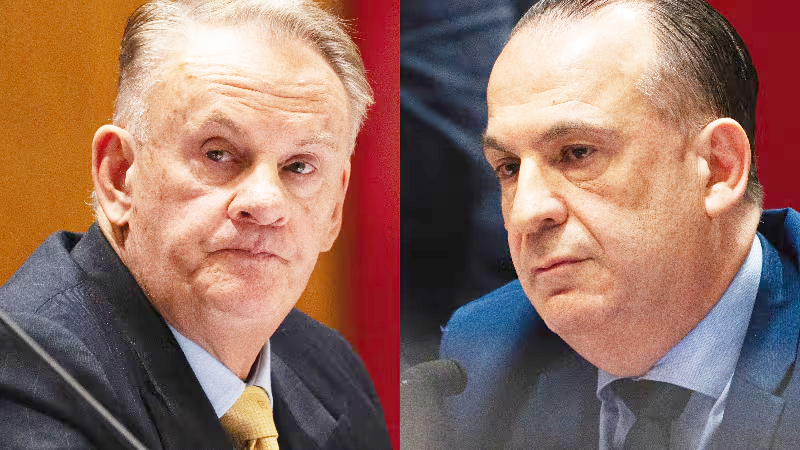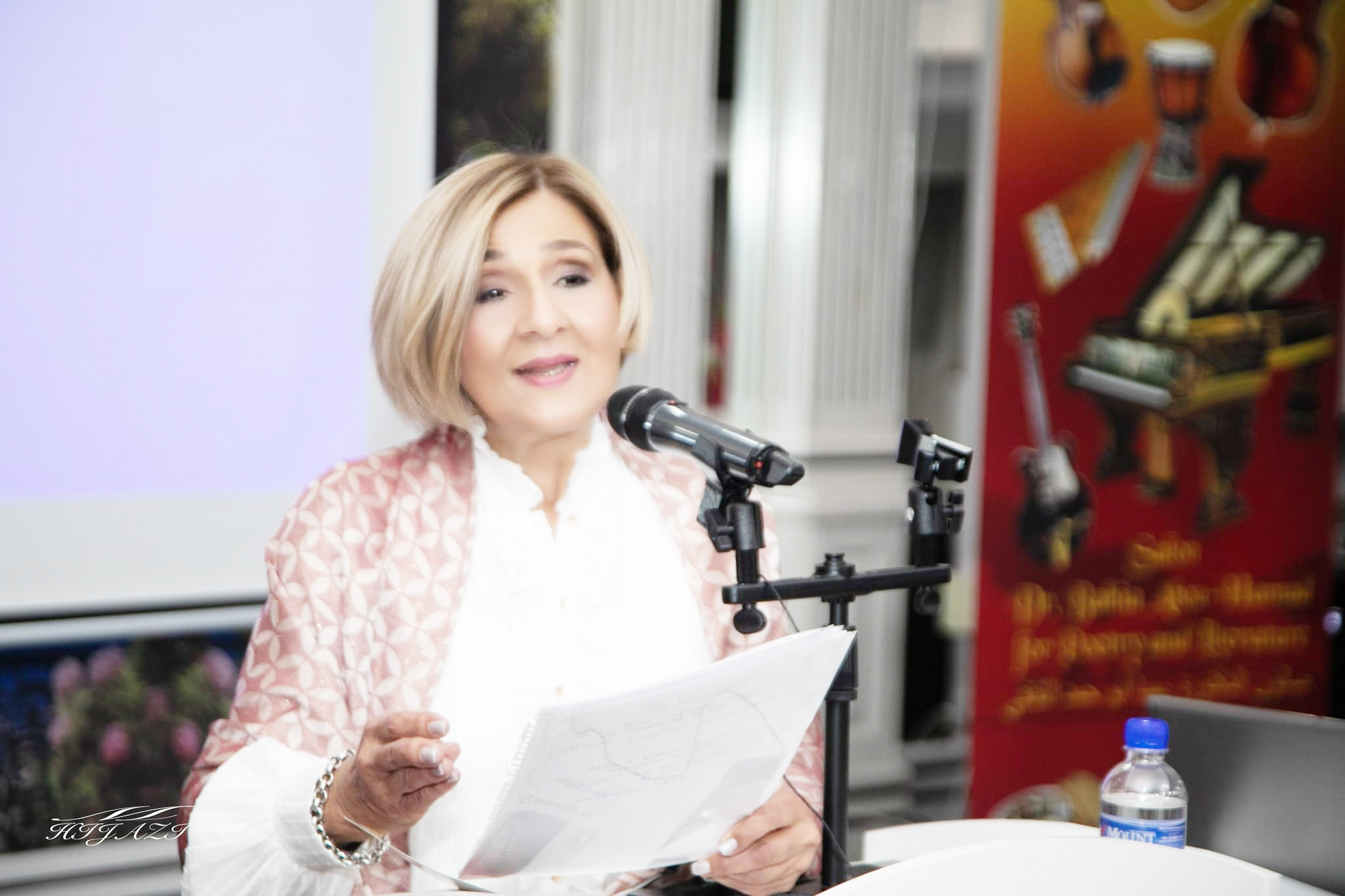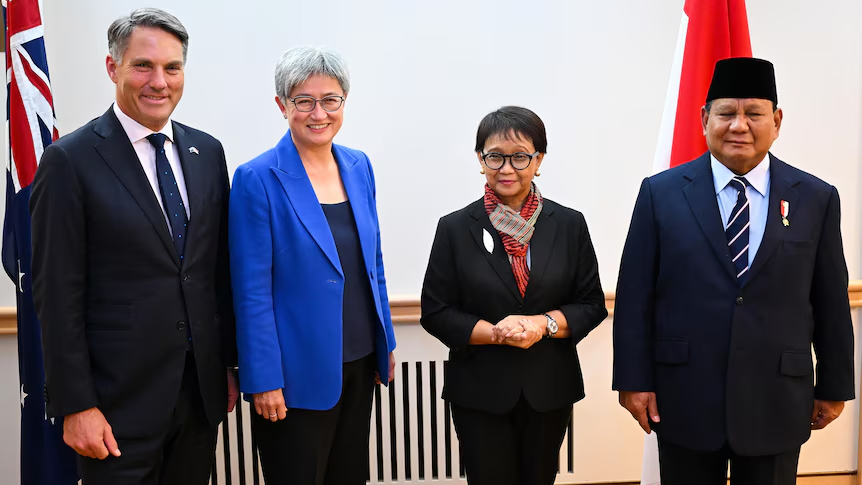
Upgraded Defence Agreement on the Horizon
Australia is on track to finalize an upgraded defence pact with Indonesia by the end of this month, ahead of the arrival of Indonesian President Prabowo Subianto in Canberra. This forthcoming agreement is being described as the most strategically important bilateral pact between the two nations since the Lombok Treaty of 2006.
Fast-Tracked Negotiations
The federal government initially aimed to complete the negotiations within three months, but discussions have taken longer than anticipated. However, sources confirm that negotiations are now in the final stages. Defence Minister Richard Marles is scheduled to travel to Indonesia to sign the agreement with Mr. Prabowo.
Prime Minister Anthony Albanese also announced that Mr. Prabowo, who remains Indonesia’s defence minister until his October inauguration, will visit Canberra for meetings with the Australian cabinet. Albanese emphasized the strength of the cooperation between Australia and Indonesia.
Potential Signing Ceremony in Indonesia
According to an Australian government source, the signing ceremony for the upgraded defence pact will likely take place in Indonesia. The new agreement is expected to be hailed as a significant milestone in the bilateral relationship. Defence Minister Marles has characterized it as the “most significant” agreement between the two countries, promising expansive joint military exercises and a substantial boost to strategic cooperation.
Historical Context and Previous Tensions
The history of Australia-Indonesia defence cooperation has been marked by disruptions due to diplomatic and political disputes. The landmark security treaty of 1995 was annulled by Indonesia during the Timor Crisis. Further tensions arose in 2013 over wiretapping allegations and in 2017 due to controversies surrounding Australian Army training materials.
Despite these issues, recent years have seen a resurgence in defence cooperation, including joint military exercises and equipment transfers. This renewed cooperation has been a positive development, particularly in light of the previous setbacks.
Maritime Focus and Strategic Objectives
Sam Roggeveen from the Lowy Institute expressed optimism about the progress in negotiations, noting that the treaty’s focus on maritime security is crucial. Australia and Indonesia share a common strategic objective: ensuring that maritime South-East Asia is not dominated by any external power.
Indonesia’s Non-Alignment Stance
While Australia aims to strengthen strategic ties with Indonesia, Jakarta remains committed to a non-aligned foreign policy. Mr. Prabowo’s recent visit to Russia and positive remarks about Moscow highlight Indonesia’s balanced approach to international relations. Roggeveen advises that Australia should manage its expectations regarding the extent of Indonesia’s alignment, especially given Indonesia’s non-alignment policy and the constraints imposed by the AUKUS agreement.
Future Outlook and Relationship Dynamics
The new defence pact is expected to enhance military cooperation between Australia and Indonesia but will not constitute a formal military alliance or mutual defence treaty. The bilateral relationship will benefit from this agreement but still requires robust economic ties and people-to-people connections to ensure stability and resilience against potential disruptions.
As the new agreement approaches finalization, it represents a significant step in strengthening Australia-Indonesia relations, even as both nations navigate broader regional and global dynamics.
